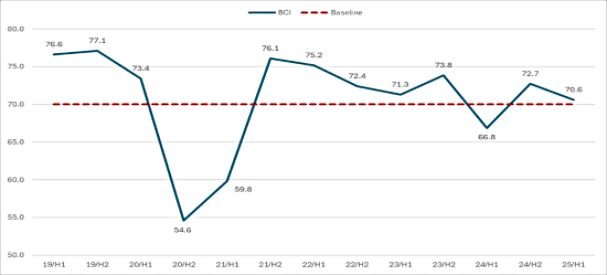The Spring 2025 edition of the SMEunited SME Business Climate Index and EU Craft and SME Barometer reports a stagnation for the business activity of small and medium-sized enterprises across the EU.
Savings and Investment Union requires action now
Europe has to create a well-functioning Savings and Investment Union to mobilise private investments. However, it will depend on the willingness of Member States to go the extra mile for necessary harmonisation steps in taxation, company law, insolvency procedures and supervision.
There were 2.03 million cultural enterprises in the EU in 2022, representing 6.3% of all businesses within the business economy (industry, construction and market services).
3.7 million women in the EU held a managerial position in 2023, up from 3.1 million in 2014, according to the EU Labour Force Survey, the main source for labour…
EuroCommerce, the voice of the retail and wholesale sector in Europe, has expressed strong support for the European Commission’s Omnibus Package I on sustainability, unveiled today.
The EU Commission unveiled a package Wednesday to ease red tape for business by streamlining sustainability reporting and due diligence requirements across the European Union.
“To ensure the proposals in the vision for agriculture and food actually work, it is important to involve SME stakeholders in the design and implementation of these policies”, stated SMEunited Secretary General Véronique Willems.
















